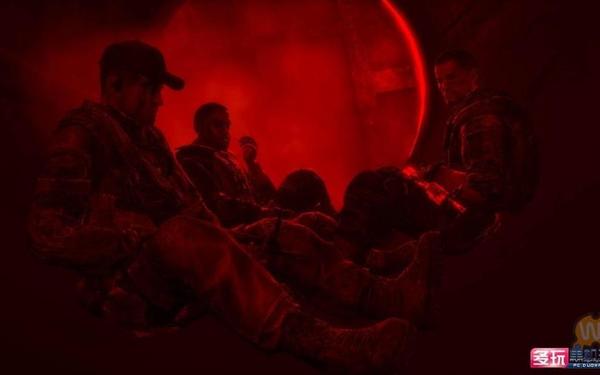
spec ops- the line-liner out
77游戏社盒子平台开启你的次世代游戏之旅。77游戏社助手乐园专为国内外单机游戏、手游玩家、网络游戏爱好者打造的推荐高品质手游的分享社区。我们提供各类游戏最新的资讯动态。在这里,超过50,000款精品游戏任你畅玩——从独立制作的匠心之作到spec ops- the line-liner out3A级手游大作,我们为你搭建了最丰富的数字游乐场。1亿玩家的共同选择,累计30亿次的热血下载,每一个数字背后都是玩家们用指尖投票的信任。3500万条真实玩家评价构筑起最透明的游戏推荐体系,50万篇深度攻略与测评为你扫清冒险路上的每一个障碍。我们不只是平台,更是10万开发者与亿万玩家相遇的创意集市——每天都有令人惊艳的新作品在这里诞生。立即加入77游戏社折扣平台,与全球玩家一起: 🎮 发现尚未被大众瞩目的宝藏游戏 💡 与开发者直接对话,参与游戏进化 🏆 在专属社区分享你的高光时刻。
Think of these as the annotations for a brutal, thought-provoking album about war, trauma, and the dark heart of gaming. Spec Ops: The Line isnt just a shooter; its a meticulously crafted descent into hell designed to make you question everything – the mission, the protagonist, the genre, and yourself.
The Core Concept (The Genre):
Appearance: A standard modern military third-person cover shooter (circa 2012), aping the popular "Modern Warfare" style.
Subversion: This familiar shell is the perfect Trojan Horse. It lures you in with tropes you expect – heroic soldiers, clear objectives, disposable enemies, power fantasy – only to systematically dismantle them. It weaponizes your genre expectations against you.
The Protagonist / Narrator (Walker):
The Voice: Nolan North (famous for heroic roles like Nathan Drake) delivers a performance that masterfully descends from confident determination to ragged, shattered desperation and denial. The change is subtle at first, then horrifyingly pronounced.
The Descent: Captain Martin Walker isnt a hero saving the day. Hes a man cracking under unimaginable pressure, guilt, and trauma. His stated mission ("Rescue survivors, evacuate Dubai") becomes a flimsy justification for increasingly horrific actions driven by obsession and a need for validation. He becomes unreliable, hallucinating, rewriting events in his own mind.
The Question: "Do you feel like a hero yet?" This isnt just a taunt; its the games core thesis directed squarely at Walker and the player. It challenges the very premise of the power fantasy.
Key Tracks (Pivotal Moments & Mechanics):
1. The White Phosphorus: The games most infamous scene. Presented as a necessary tactical choice against overwhelming force, it forces the player to use this horrific weapon via an impersonal, video-gamey interface (top-down targeting). The aftermath – walking through the charred corpses of soldiers and civilians you incinerated – is a gut punch. This is where the illusion of clean, heroic warfare shatters. Walkers denial ("We had no choice!") becomes your own.
2. The Hangings: The sight of US soldiers lynched by their own comrades signals the utter collapse of order and sanity within the Damned 33rd. Its a visual representation of the moral abyss youre entering. Walkers reactions shift from horror to grim acceptance or justification.
3. Water as Motif & Mechanic: Water is life, but in Dubais ruins, its also death (drowning, floods), obsession (Walkers focus on restoring it), and a symbol of futile hope. Sections involving water often emphasize vulnerability and lack of control.
4. Enemy Design: Enemies start as generic insurgents but morph into the "Damned 33rd" – fellow US soldiers driven mad or desperate. Killing them feels different. Their dialogue shifts from aggressive shouts to confused pleas, taunts ("Hes gone crazy!"), and screams of pain that linger. The "Gould" section adds another layer of disturbing ambiguity.
5. Loading Screen Messages: These evolve from standard tips ("Headshots are effective") to increasingly accusatory and philosophical questions directed at the player ("Do you feel like a hero yet?", "How many Americans have you killed today?", "Can you even remember why you came here?", "The US military does not condone the killing of unarmed combatants. But this isnt real, so why should you care?"). They dissolve the fourth wall and implicate you directly.
6. The Endings: There are no truly "good" endings. Each forces Walker (and you) to confront the consequences in different ways, ranging from bleak acceptance to total delusional fantasy ("Gentlemen, welcome to Dubai!"). They reject the traditional victory narrative.
The Lyrics (Themes & Messages):

The Banality & Horror of War: Strips away the glamour, focusing on chaos, collateral damage, psychological trauma, and the dehumanization of all involved.
Player Complicity: Actively critiques the players role in consuming violence as entertainment. You pulled the trigger. You chose the WP. You kept playing. The game asks why.
The Cost of Heroism / The Violence of the "Good Guy": Exposes the myth of the clean, justified kill. Actions taken for "the greater good" or survival inflict horrific suffering. Walkers quest for heroism destroys everything.
The Fragility of Sanity: Explores how extreme stress, guilt, and trauma fracture the mind (Walker, the Damned 33rd, Lugo/Adams).
Unreliable Narration & Perspective: Challenges what you see and hear. Walkers perception is warped, enemy dialogue provides unsettling context, and the loading screens directly contradict the power fantasy.
The Weight of Choice (or Lack Thereof): While famously offering few true branching choices (the WP scene is the ultimate example), it brilliantly highlights the illusion of choice in linear narratives and the consequences of actions presented as unavoidable.
Critical Reception (The Back Cover):
Praised: For its daring narrative, thematic depth, subversion of genre tropes, atmosphere, voice acting, and willingness to make players deeply uncomfortable. Considered a landmark in narrative-driven games and video game criticism.
Criticized: For its core gameplay being relatively standard (though some argue this is essential to the subversion), its linearity, and the sheer bleakness being off-putting to some.
The Legacy (The Encore):
Spec Ops: The Line transcended its genre to become a cultural touchstone in discussions about video games as art, the ethics of violence in games, narrative subversion, and player responsibility. Its frequently cited in academic analysis of the medium. It proved that a military shooter could be one of the most potent anti-war statements in gaming.
Final Spin: Spec Ops: The Line is not "fun" in the traditional sense. Its a harrowing, essential experience that holds up a mirror to the player and the violent power fantasies we often consume uncritically. Its liner notes are written in blood, sand, and shattered psyches. Listen closely.
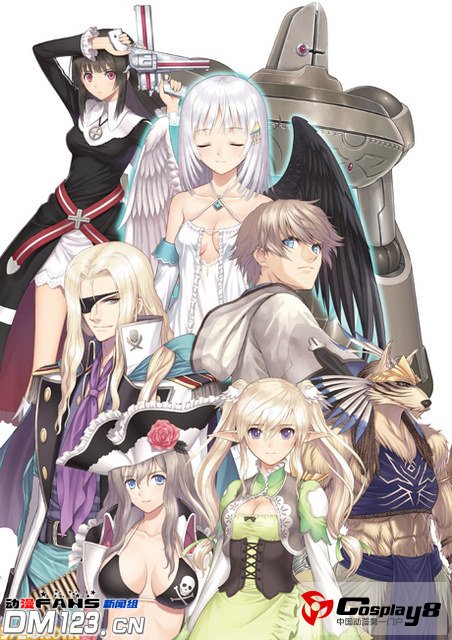
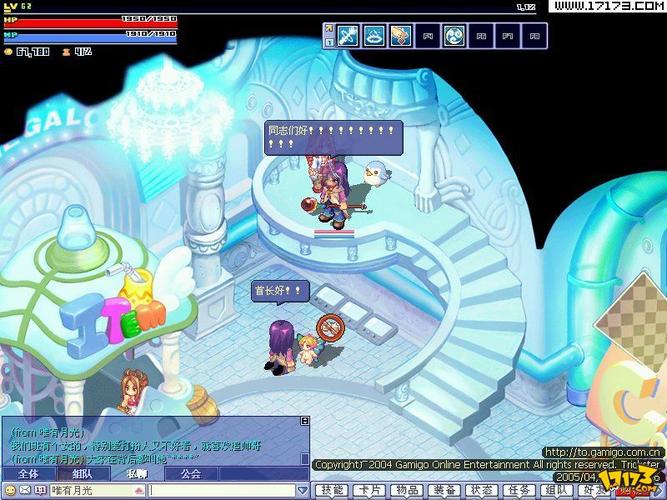
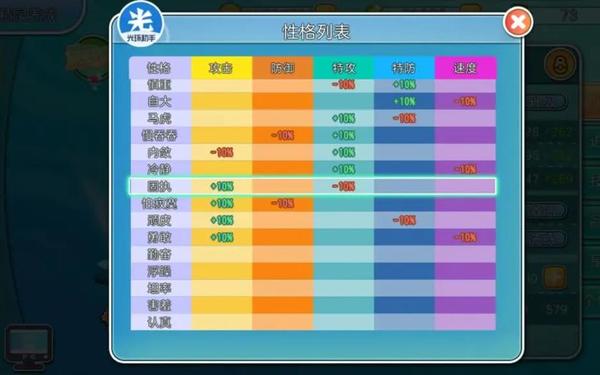
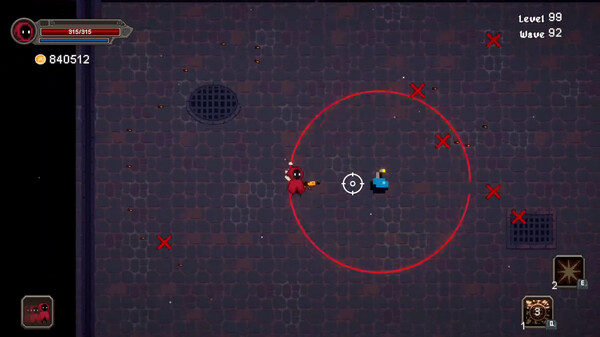


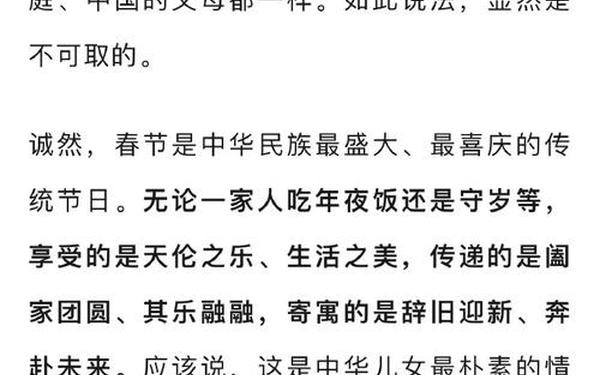
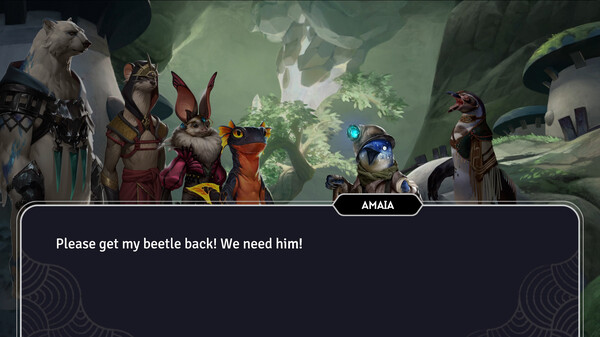

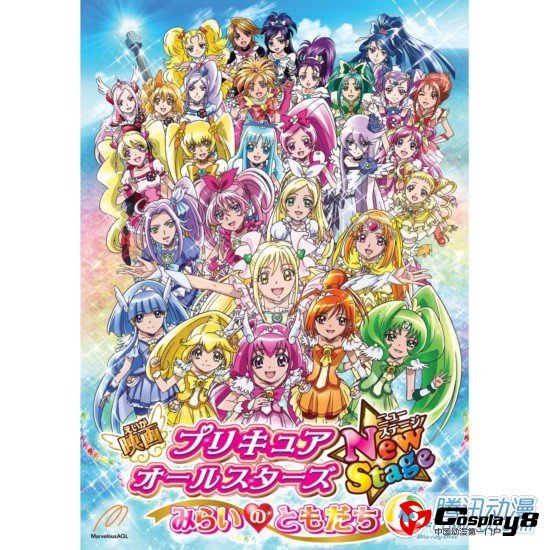
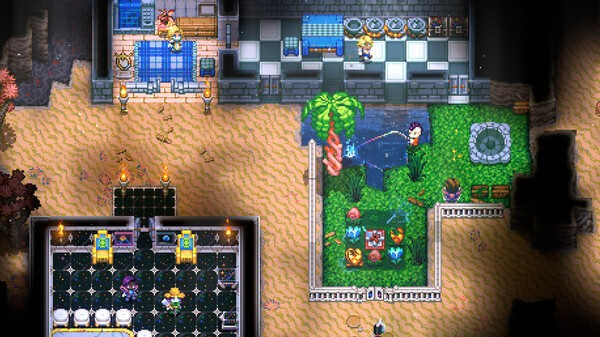

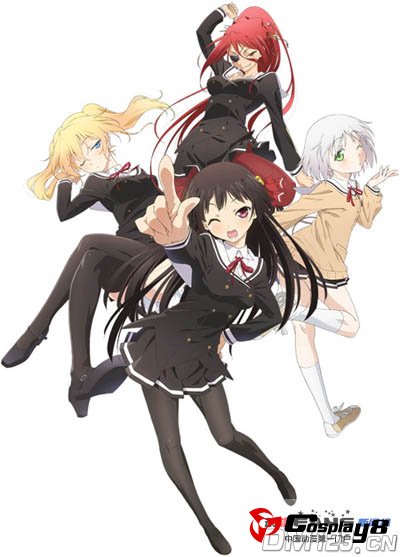

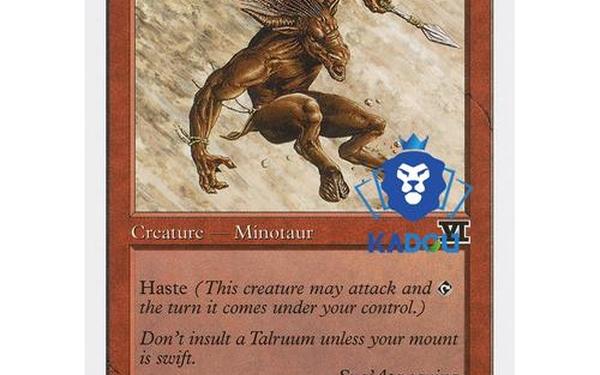
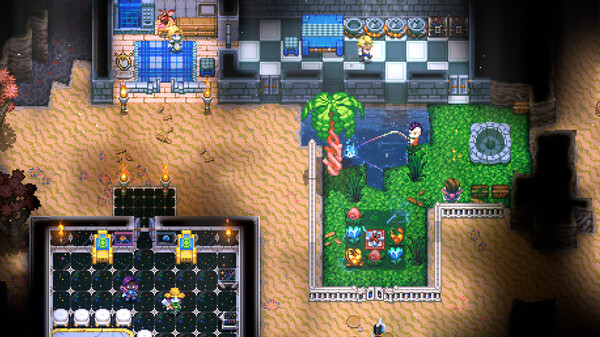
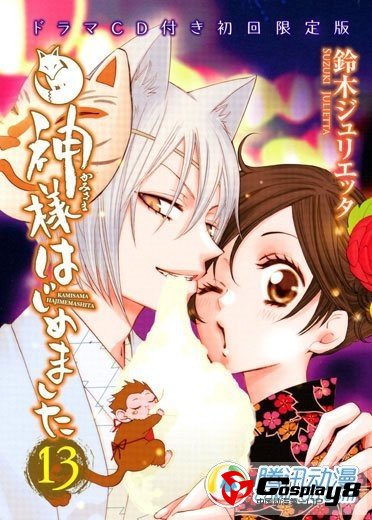

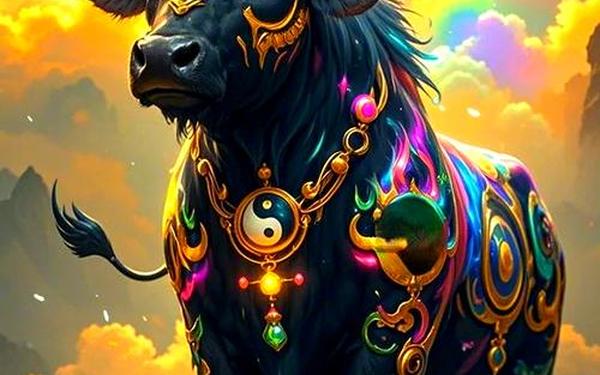
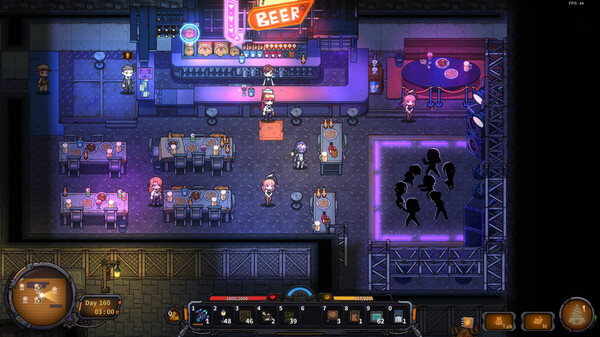


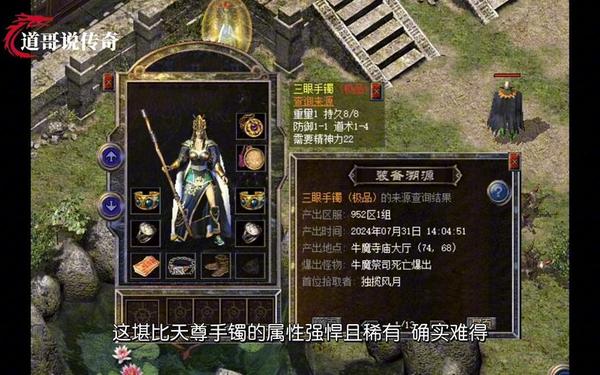
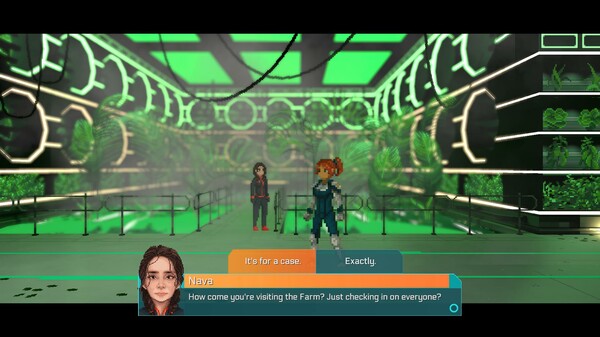
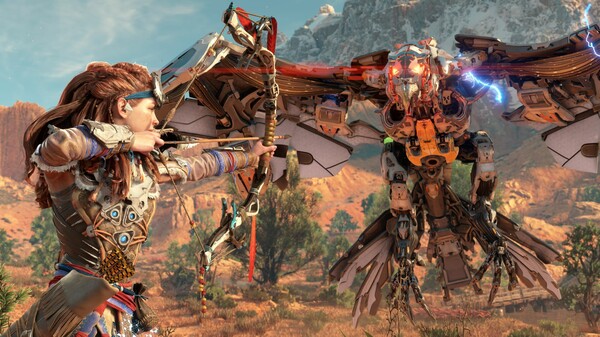
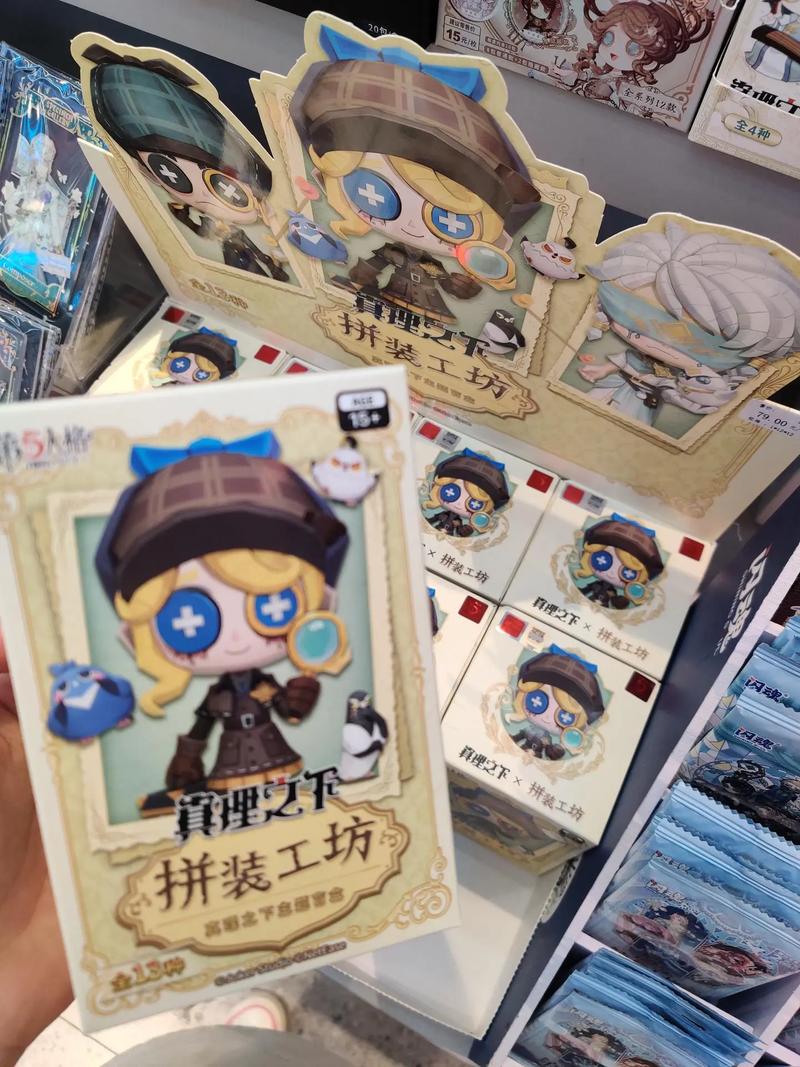
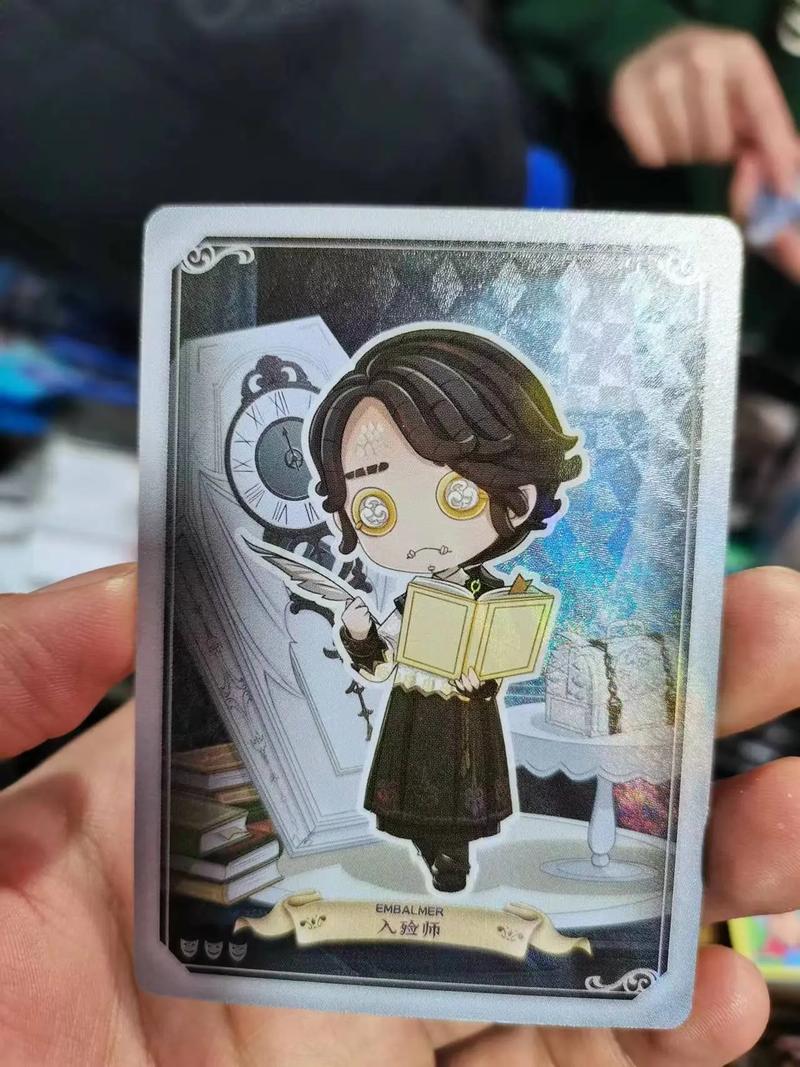



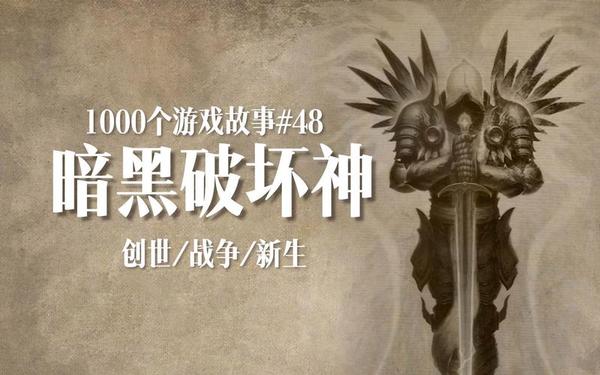
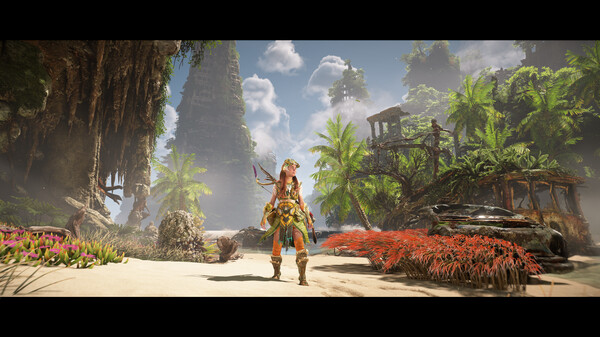

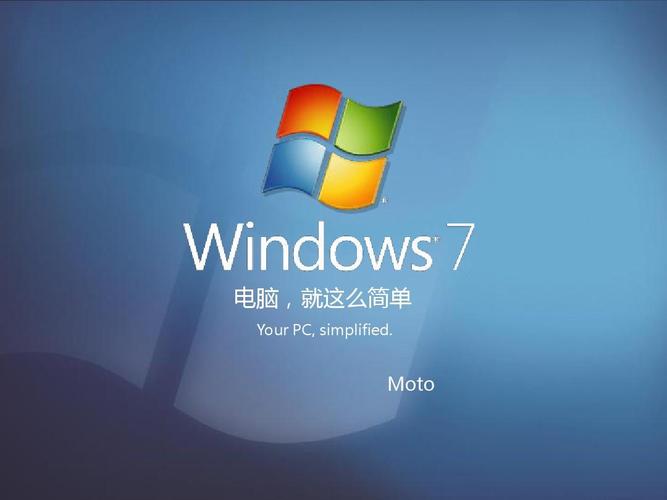

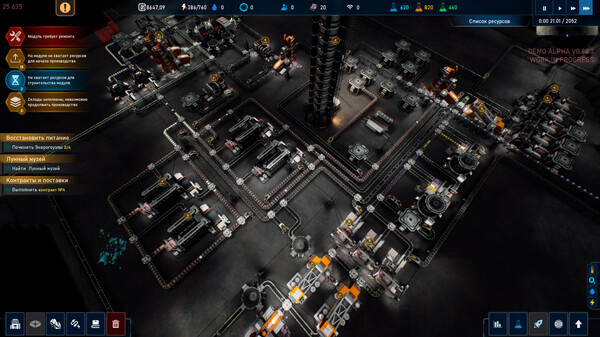




发表评论